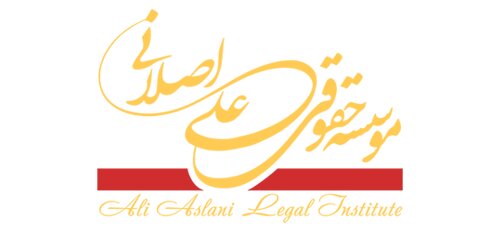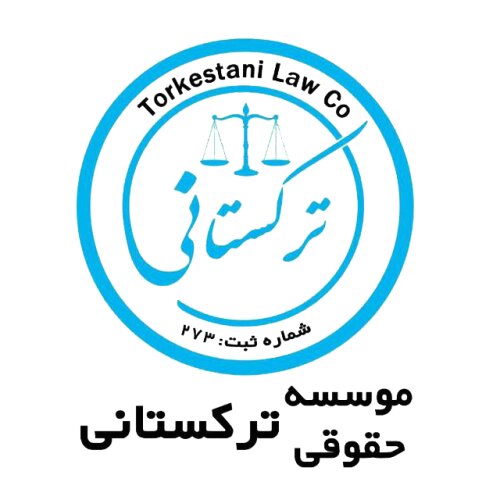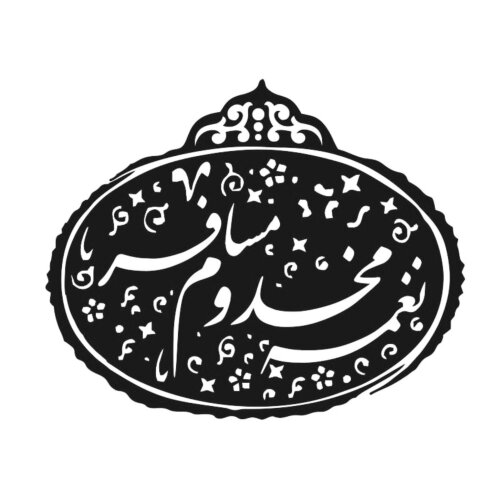Best Divorce & Separation Lawyers in Iran
Share your needs with us, get contacted by law firms.
Free. Takes 2 min.
Free Guide to Hiring a Family Lawyer
Or refine your search by selecting a city:
List of the best lawyers in Iran
About Divorce & Separation Law in Iran
Divorce and separation in Iran are governed by Islamic law, specifically Iranian Family Law. This law regulates marriage, divorce, and family relationships in accordance with Islamic principles. In Iran, divorce can be initiated by either the husband or the wife, with certain conditions and procedures to be followed.
Why You May Need a Lawyer
Seeking legal assistance for divorce and separation in Iran is recommended to ensure your rights are protected and to navigate the complex legal process. A lawyer can provide guidance on your legal options, help with documentation, and represent you in court if necessary. Additionally, a lawyer can help ensure a fair distribution of assets and custody arrangements.
Local Laws Overview
In Iran, divorce can be conducted through different processes, including divorce by mutual consent or through court proceedings. The legal framework for divorce and separation is heavily influenced by Islamic law, with specific requirements for the dissolution of marriage. Property division and child custody are key aspects that are addressed in Iranian Family Law.
Frequently Asked Questions
1. How long does it take to get a divorce in Iran?
The duration of the divorce process in Iran varies depending on the circumstances of the case. It can range from a few months to a year or more.
2. Can I get a divorce without my spouse's consent in Iran?
Yes, it is possible to obtain a divorce without your spouse's consent in Iran through legal channels, such as court proceedings.
3. How is property divided in a divorce in Iran?
Property division in divorce cases in Iran is governed by Iranian Family Law, which takes into account factors such as contributions to the marriage and the welfare of any children involved.
4. What are the grounds for divorce in Iran?
Grounds for divorce in Iran include factors such as adultery, cruelty, abandonment, and inability to fulfill marital duties.
5. Can I remarry after getting a divorce in Iran?
Yes, after obtaining a divorce in Iran, individuals are free to remarry in accordance with the legal requirements.
6. How is child custody decided in Iran?
Child custody decisions in Iran are based on the best interests of the child, with factors such as the child's age and welfare taken into consideration.
7. What legal rights do I have in a divorce in Iran?
Individuals have legal rights to seek divorce, claim property rights, and receive financial support in divorce cases in Iran.
8. Can I represent myself in a divorce case in Iran?
While it is possible to represent yourself in a divorce case in Iran, seeking legal assistance is recommended to ensure your rights are protected.
9. Are there alternatives to divorce in Iran?
Yes, alternative dispute resolution methods such as mediation and arbitration are options that can be explored before proceeding with a divorce in Iran.
10. How can I enforce a divorce decree in Iran?
Enforcing a divorce decree in Iran can be done through legal channels, with the assistance of a lawyer to navigate the process and ensure compliance.
Additional Resources
For more information on divorce and separation in Iran, you can contact the Iranian Bar Association or consult with legal experts specializing in family law.
Next Steps
If you need legal assistance for divorce and separation in Iran, consider contacting a qualified family law attorney who can guide you through the legal process and advocate for your rights.
Lawzana helps you find the best lawyers and law firms in Iran through a curated and pre-screened list of qualified legal professionals. Our platform offers rankings and detailed profiles of attorneys and law firms, allowing you to compare based on practice areas, including Divorce & Separation, experience, and client feedback.
Each profile includes a description of the firm's areas of practice, client reviews, team members and partners, year of establishment, spoken languages, office locations, contact information, social media presence, and any published articles or resources. Most firms on our platform speak English and are experienced in both local and international legal matters.
Get a quote from top-rated law firms in Iran — quickly, securely, and without unnecessary hassle.
Disclaimer:
The information provided on this page is for general informational purposes only and does not constitute legal advice. While we strive to ensure the accuracy and relevance of the content, legal information may change over time, and interpretations of the law can vary. You should always consult with a qualified legal professional for advice specific to your situation.
We disclaim all liability for actions taken or not taken based on the content of this page. If you believe any information is incorrect or outdated, please contact us, and we will review and update it where appropriate.
Browse divorce & separation law firms by city in Iran
Refine your search by selecting a city.
















